ADVERTISEMENT
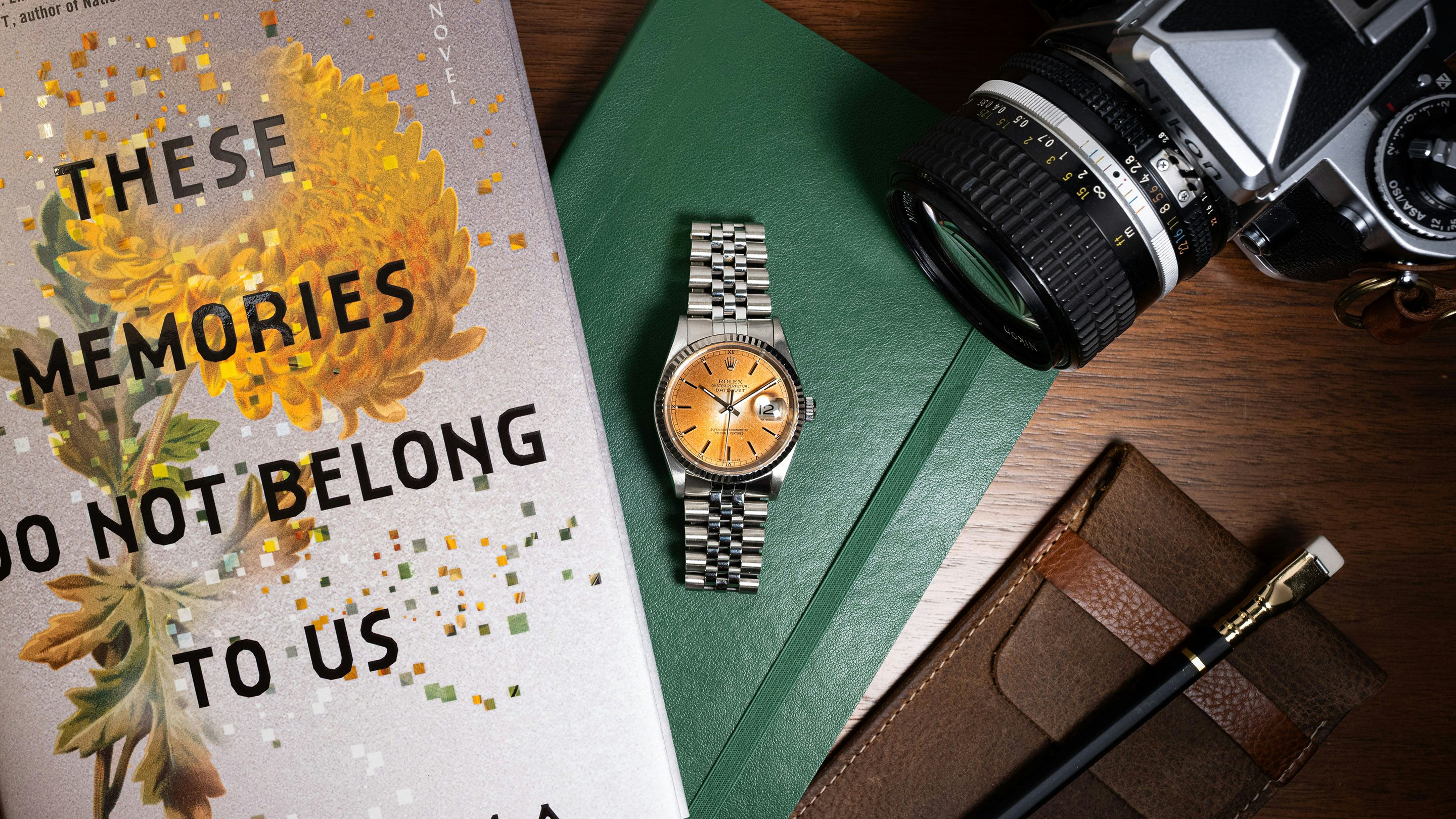
The watch came to me the night she left.
It wasn't planned. I was in the bathroom of a Toronto hospital, hiding from my grandmother's body in the patient room outside while my mother sobbed, struggling to dress her mother in more cheerful, flowery clothes before the rigor mortis set in. I was scrolling on my phone, trying to block out the grief around me, when a vintage Rolex popped up on my feed – the patina on its dial the exact shade of orange my grandma had worn days before, the night she gave me her favorite lecture on marriage, children, and career for the final time.
The color stopped me cold.
Watch photos courtesy of @soulfully_analog.
We were having dinner on New Year's Eve.
My grandma was ninety-one, as sharp and commanding as ever at the table. Wearing her favorite orange sweater, she chastised me again for not marrying my then-girlfriend and refusing to make proper use of my business degree from Stanford. She spoke rapidly in our Shanghai dialect, the words bursting out of her mouth like water through a broken dam. Without knowing why, I pulled out my phone and hit record. I had never done so before, but I recorded twelve minutes that night of her rant, for which I am grateful because eight days later, she was gone.
My debut novel These Memories Do Not Belong to Us, set in a world where memories are bought and sold while a renamed China has taken over, was published this week via HarperCollins. After working on the book for seven years, I am incredibly proud, but the truth is that my grandma never understood my literary dreams. My grandfather had dabbled by publishing two-dozen opinion pieces across his life, but in my family, writing was not considered a career. Certainly not when I could do something more practical, having worked at McKinsey and other firms she recognized as respectable. She also didn't like my beloved cat Theo, an obese rescue whom I had helped to lose a third of his original weight. My grandma was opposed to anything without a clear purpose, and she wasn't afraid to voice her opinions.
Perhaps because her own life had never allowed room for indulgence.
Grandma's birthday, 2021.
My grandma was the sixth daughter in her family, born into a world that didn't want her. Disappointed once more in the quest for a son, her parents abandoned her in a field. Hours later, her father returned to retrieve her out of guilt, bestowing her a name meaning "to bring a brother." My grandma scraped her way into factory work in Shanghai, then raised four children while working in a hospital. She rose to become the Communist Party representative there, a respected leader at the medical center.
Born in Shanghai, I moved to New York, then Toronto in my youth. My parents, former university lecturers in China, worked in restaurants and then retrained in other careers. When I was twelve, my mother moved to Ottawa to work for the government, so her parents came over to help raise me. For the next twenty years, they lived with us in Toronto. My grandma would cook meals and chat to me while watching wuxia martial arts dramas together. Even into her nineties, she remained the matriarch of our extended family, maintaining order among our relatives in China with an iron fist.
We never talked much about her childhood. I only heard horrific vignettes of running away from Japanese soldiers who shot at her feet, after trading rice for salt. I wish I had asked her for more stories, but maybe she wanted to keep them private. After all, her memories were hers to protect.
It was my responsibility to honor the memories we shared. To remember.
I was at a writer's residency in Asheville when my grandma fell sick. My girlfriend and a neighbor had to rush her to the hospital, because my parents were in Portugal for their first holiday since the pandemic. Stubborn until the end, my grandma initially refused to leave the house, claiming that she was better; soon afterward, the doctors diagnosed her with a collapsed lung and severe pneumonia, informing us that she could pass away at any moment. I booked myself on the first flight back and sat at her bedside for the final thirty hours of her life.
It was at the hospital, within an hour of her passing, that I first saw the orange Datejust appear on my Instagram. The dial glowed like an orange ember from its white center.
I never expected to buy a Rolex.
The brand was overhyped, and I disliked the idea of paying a premium for such a mass-produced watch. My collection skews vintage – from a tropical Universal Geneve Polerouter to a Gallet Flight Officer, a ruby Zenith Respirator and a blue JLC Memovox (the last two pieces and a Patek perpetual feature in several stories within my novel related to a lonely watchmaker.)
I also have a soft spot for stone dials from lapis lazuli to bloodstone. But the sunburst orange patina on that Datejust reminded me so much of my grandma's favorite sweater. Home from the hospital, I kept replaying the twelve-minute video of her lecture, comparing the watch to her sweater. I appreciated that the Rolex still had its original sticker on the caseback, along with the tight jubilee bracelet.
Lately, I've been debating whether to wear that watch on my September book tour. However, as much as I loved her, my grandma never quite supported my writing. I also worried whether she might misunderstand my wild dystopian novel consisting of banned memories as being critical of China. Part of me wonders whether she would only be proud if my book became a bestseller or won some major award.
New Years Eve 2022, Our Last Dinner.
But I miss her.
Most of all, I miss her toughness, her stubborn courage which I could really use these days. I wish she could have had the chance to read my book, for which I have sacrificed so much. I wish she could have attended our weddings in Tokyo and Toronto, or delighted in the baby daughter we're about to welcome into our family. I miss the memories that we would have made together.
Maybe that's why I imagined a world where memories don't disappear, where they can survive to be transmitted to both family and strangers, despite the dark sides to every new technology. But until memories can be shared, this Rolex is how I'll carry her with me. The heavy steel on my wrist reminds me of the expectations she held for me, and the tough love she often expressed through her criticism.
That orange was the color of her fire. Every time I wear the watch, I remember her strength and the fact that her memory lives on through us still, her time not yet done.
Yiming Ma (@yimingwrites) is a Chinese-Canadian author, and his debut novel, These Memories Do Not Belong to Us, was published on August 12, 2025, by Mariner Books (HarperCollins) and McClelland & Stewart (Penguin Random House Canada).
Available at Amazon, Barnes & Noble, or your favorite indie bookstore.
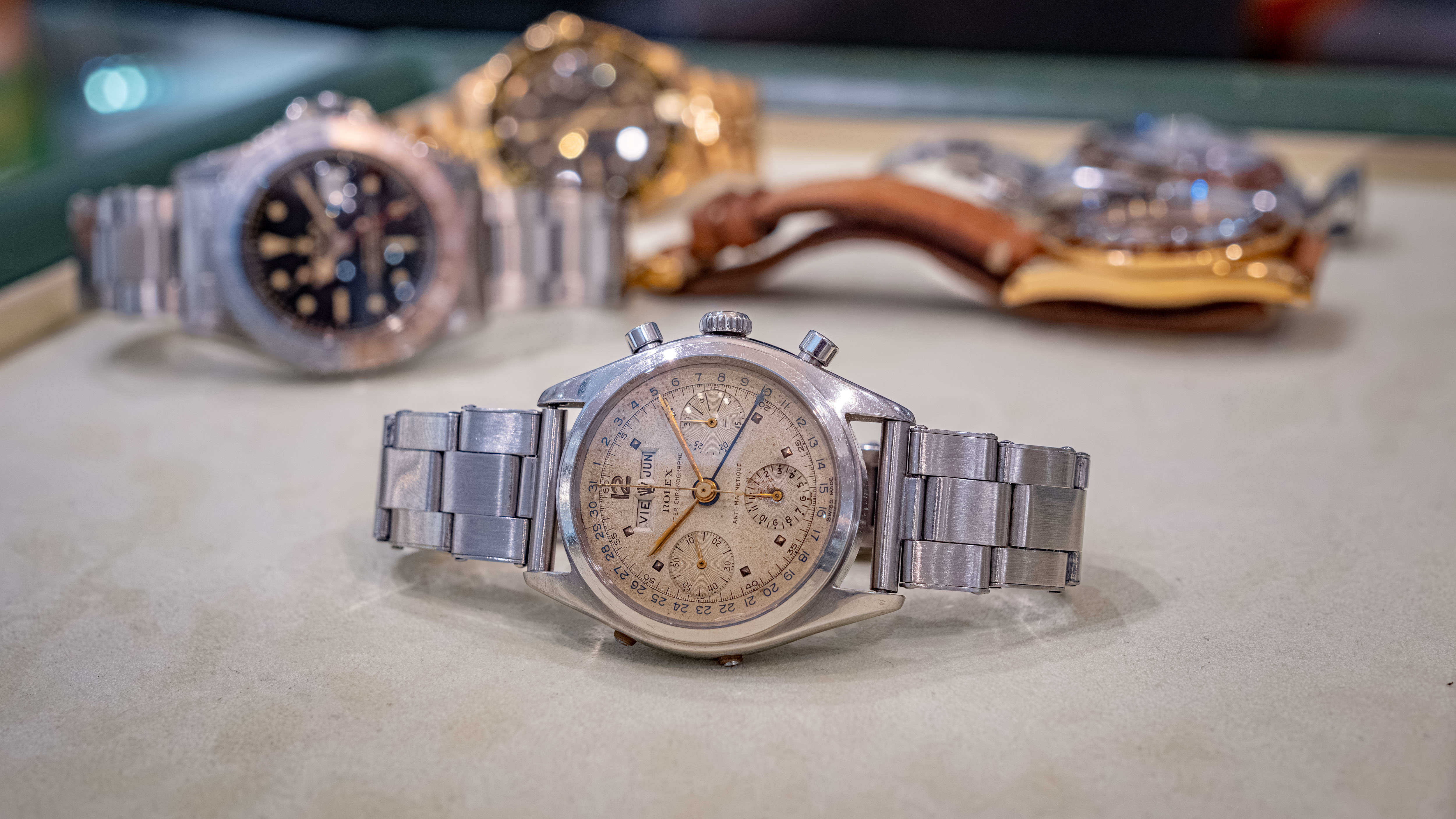


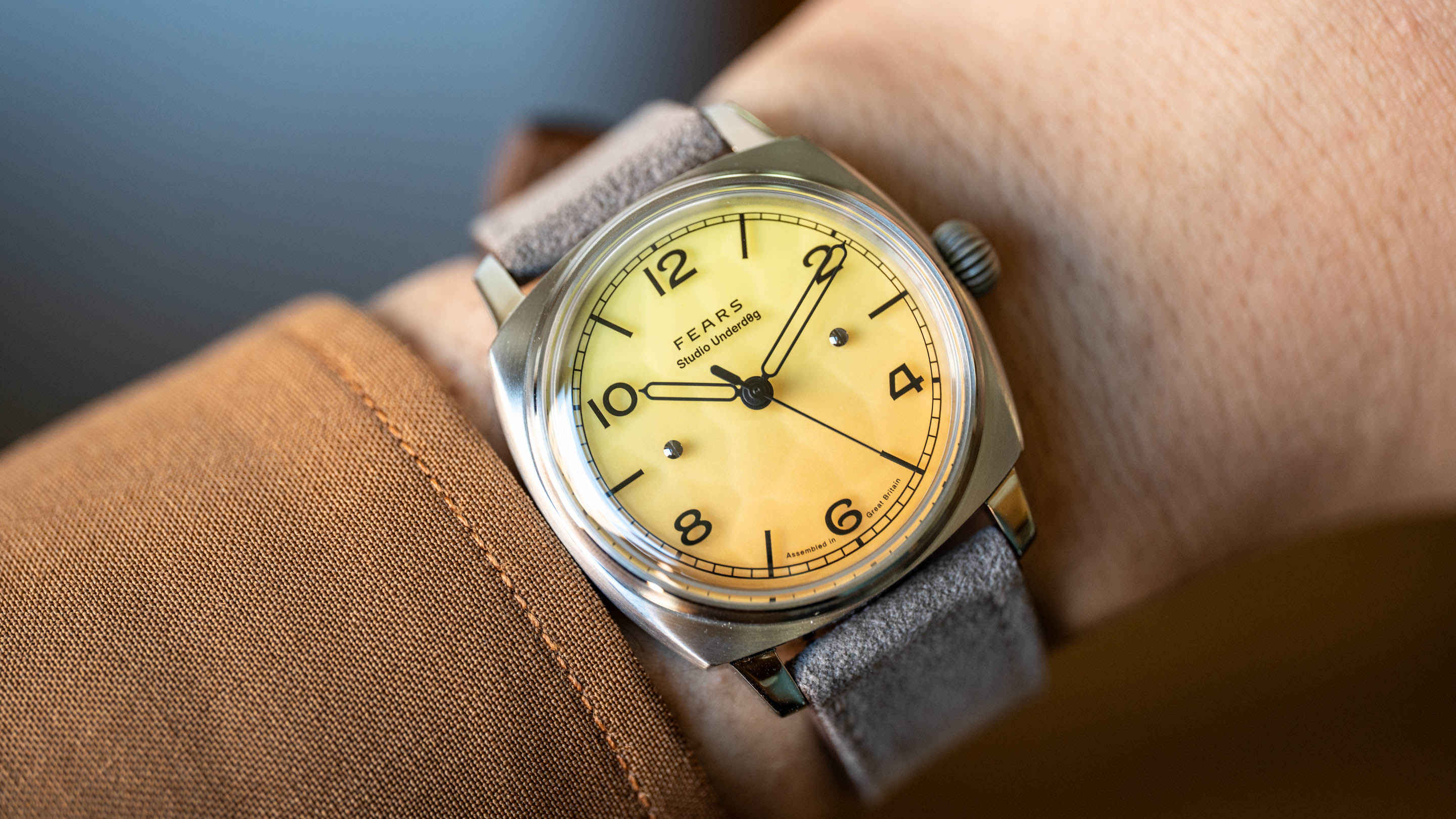




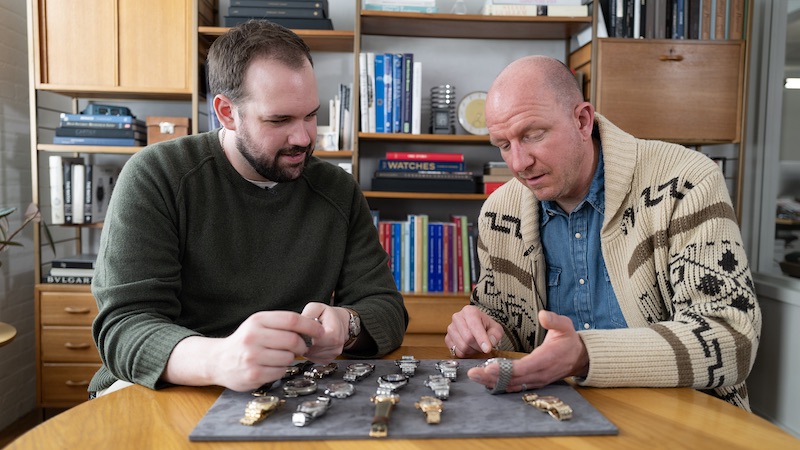


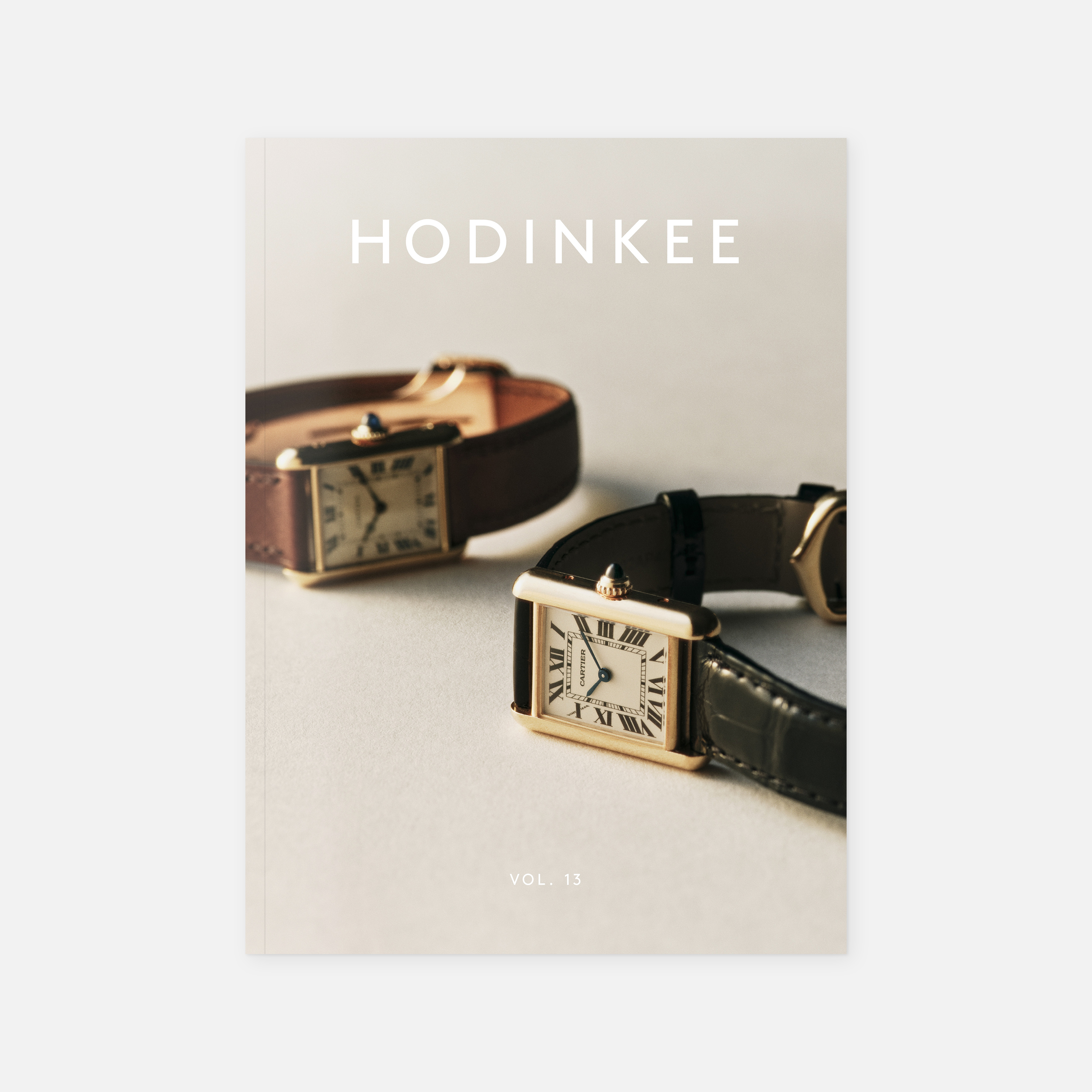









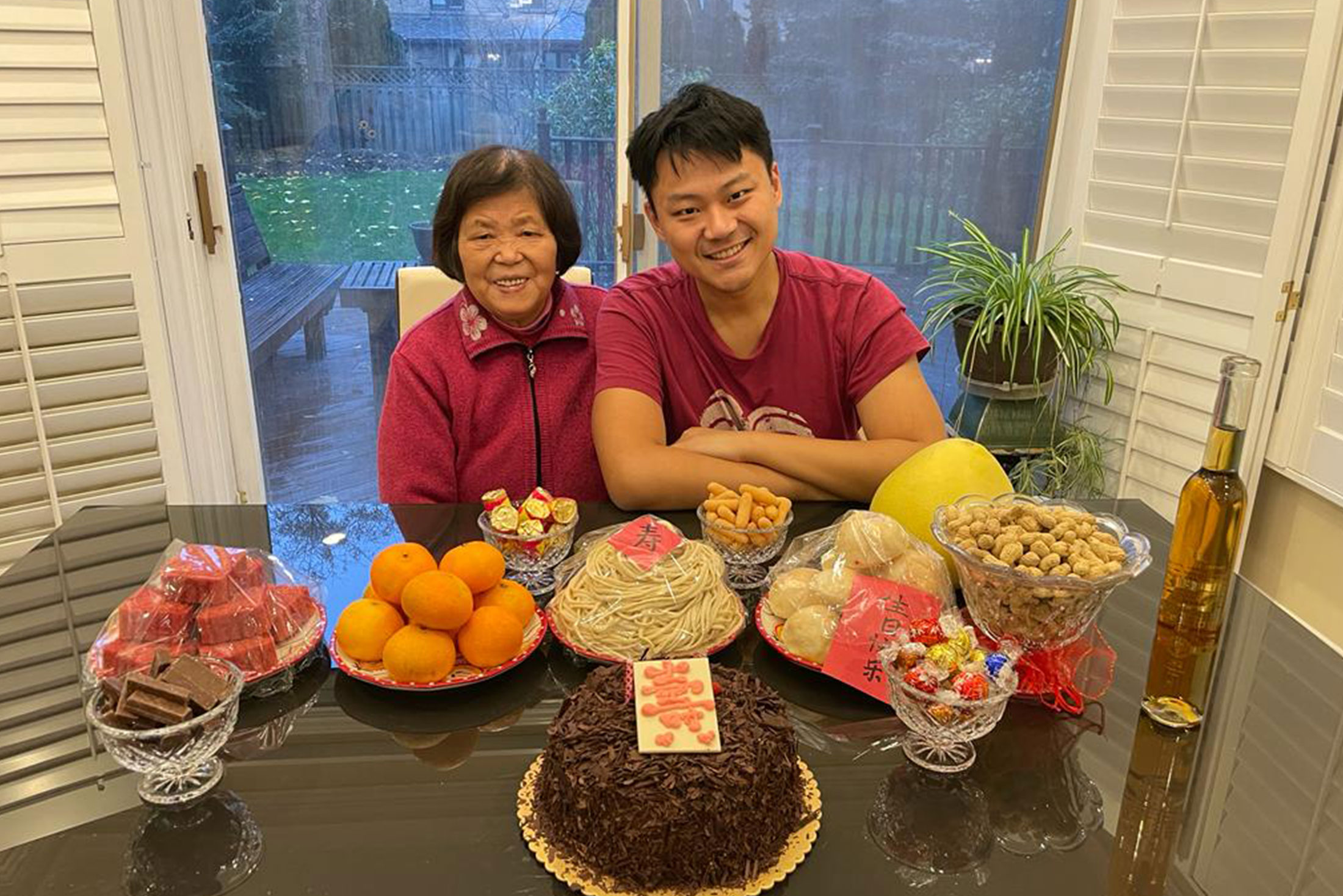
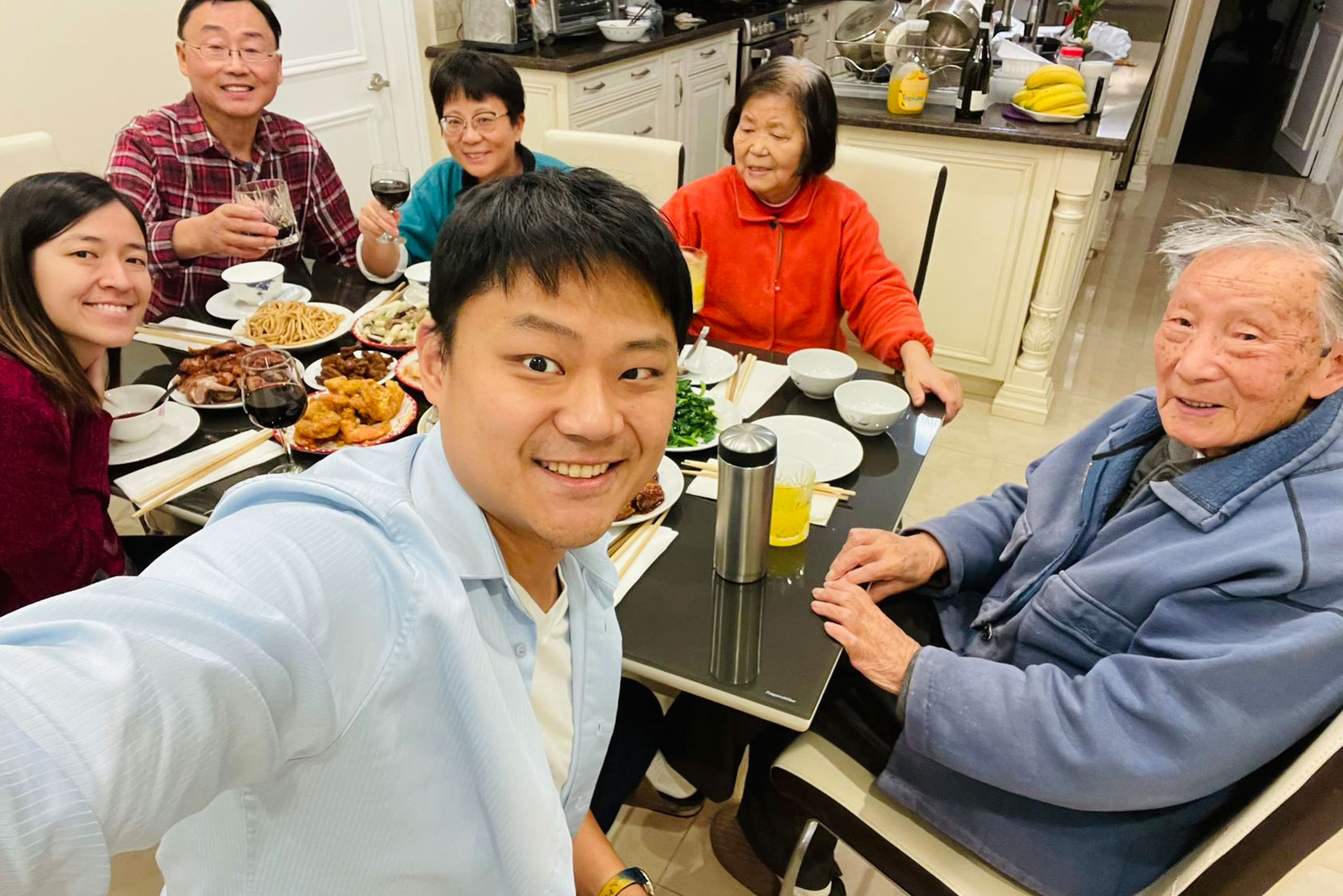

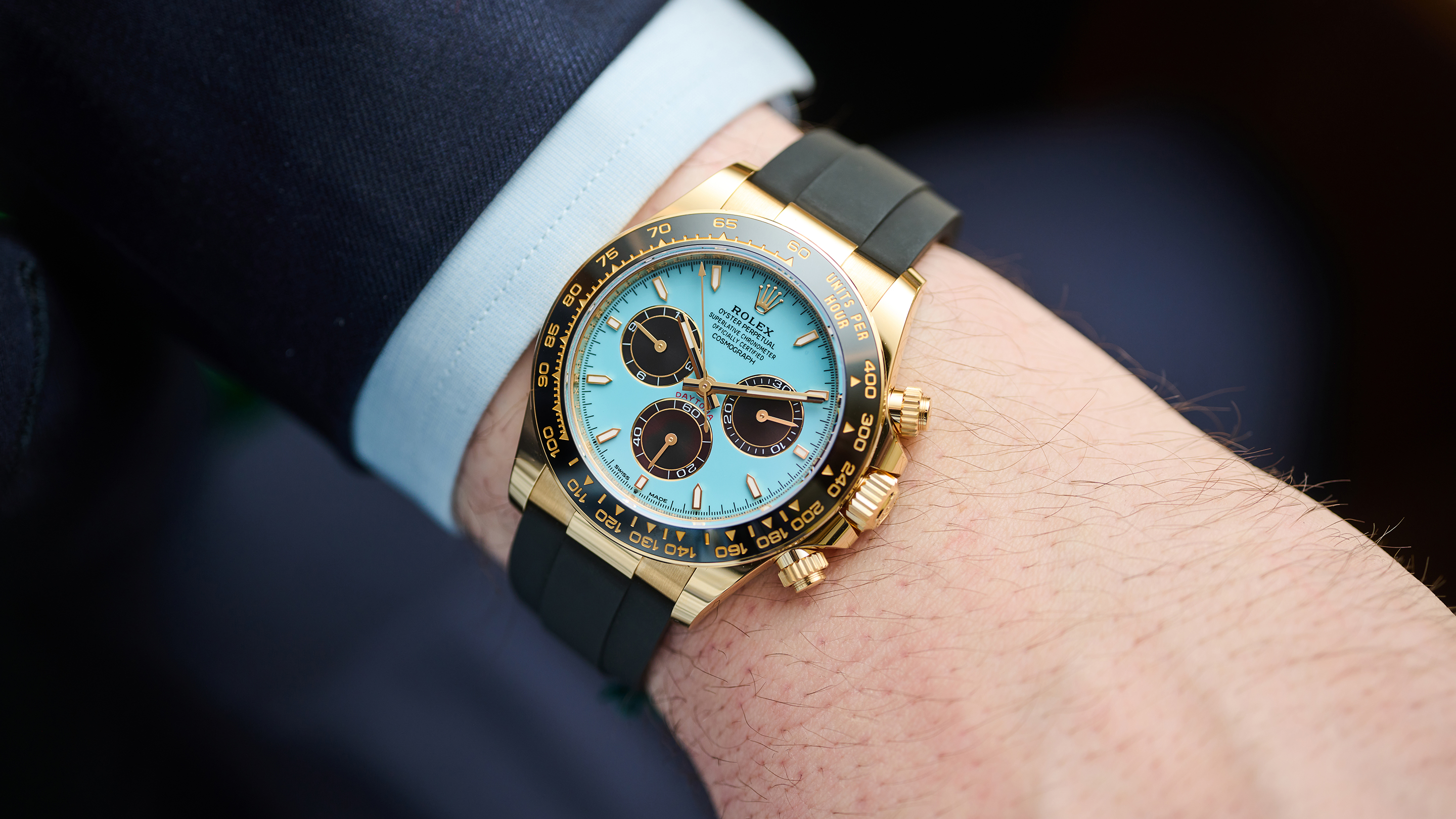





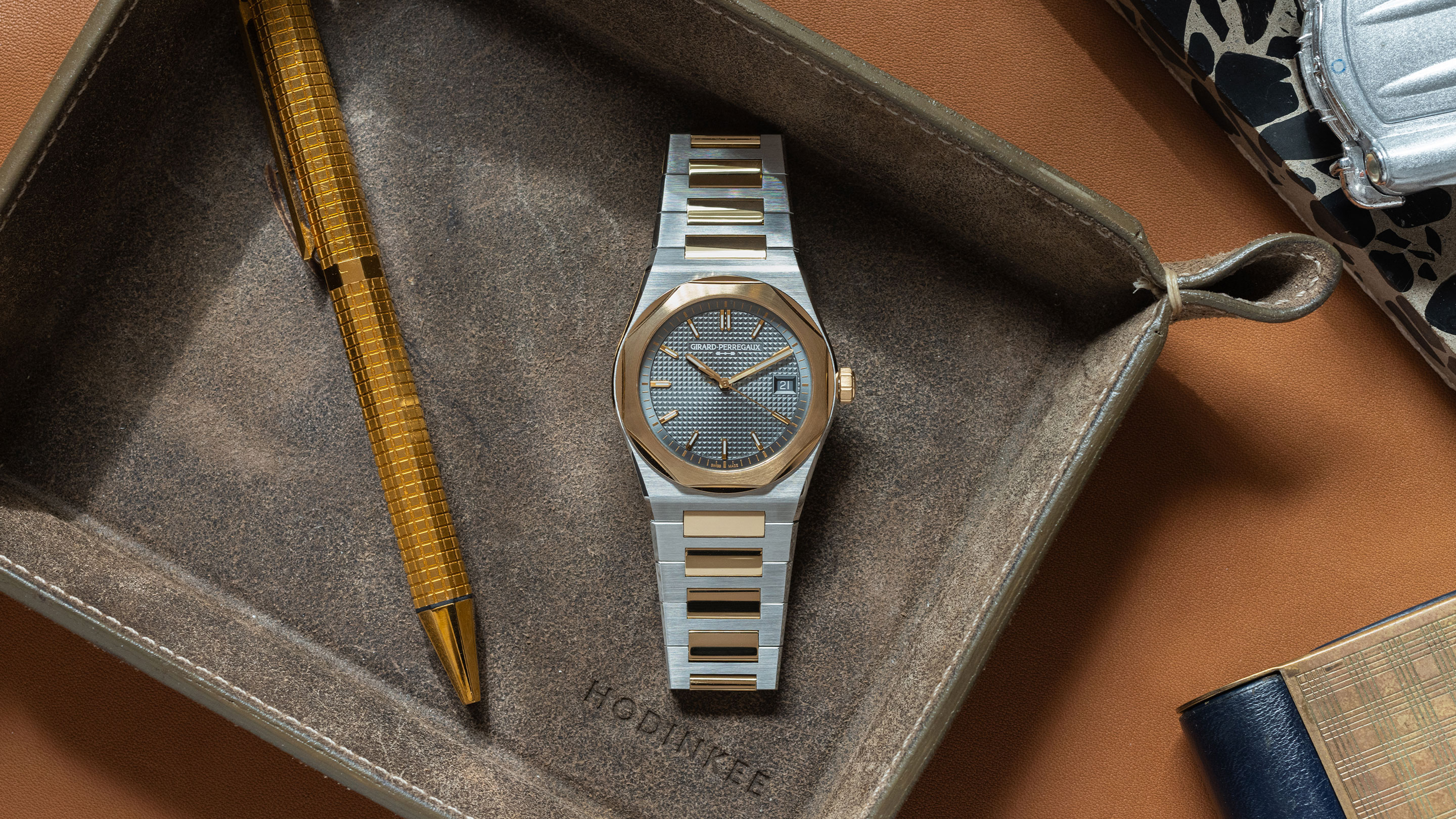

Top Discussions
Breaking NewsA Yellow Gold Rolex ref. 6062 Sets Record for the Reference, Third Most Expensive Rolex Ever Sold, At $6.2 Million
Photo ReportInside Mike Wood’s ‘For Exhibition Only’: A Private Rolex Collection On Limited Display
Reading Time at HSNY: Ex Libris